“It was New Year’s Eve, and my Central Asian dorm mates all chipped in to buy a whole sheep. It’s a common Central Asian tradition to sacrifice a sheep to celebrate a big event, and given the fact that many of my international dorm’s residents were Muslim, the sheep had to be prepared to Halal standards…”
Such was how 2014-2015 Fulbright U.S. Student to China, Christine Keung, celebrated holidays in Shaanxi province during her award in Environmental Studies, where she worked closely with local university students to improve the region’s urban and rural waste practices.
Since completing her Fulbright award, Christine Keung has been named a 2016 Young Laureate by the Rolex Awards for Enterprise, a 2017 Time Magazine Next Generation Leader, and gained admission to the MBA program at Harvard University.
We recently interviewed Christine to learn more about how her Fulbright experiences have had an impact on her career trajectory, what advice she has for prospective Fulbright applicants, and how she has maintained strong ties with the friends and professional contacts she established while in China.
How did you originally hear about the Fulbright Program and what/who inspired you to apply?
I first learned about the Fulbright Program during my freshman year at Wellesley College. I had a Teaching Assistant who had been a Fulbrighter in Spain who encouraged me to apply before I graduated. As a first-year student who had not yet selected her major, who had never worked as a research assistant, and who had never studied abroad, I really couldn’t imagine myself as a Fulbright Student. It wasn’t until my junior year that I seriously considered applying for opportunities to live and work abroad after graduation. I had spent the summer after my sophomore year on a National Science Foundation (NSF) grant that allowed me to conduct independent research on China’s Loess Plateau. That trip allowed me to visit Western China for the first time and to form many of the relationships that helped make my Fulbright project a reality.
Tell us about your experience applying to Fulbright as a first-generation college student.
My dad was a Chinese farmer who believed in the American dream of equal opportunity for his daughter. His trials as a sent-down youth during the Cultural Revolution took him from the cave dwellings of Northern Shaanxi, across the oil fields of Karamay, and eventually to the kitchens of Los Angeles. My parents’ journey to give me a better life provided me with a more nuanced view of China – one laced with the bittersweet knowledge of the sacrifices that paved the country’s progress. More poignantly, it gave me a deeper appreciation of what it means to be American.
I grew up listening to my parents’ reflections of the Cultural Revolution, and their stories of being sent-down youth compelled me to learn more about my roots in Western China. Working in my family’s restaurant while growing up made me acutely aware of the sacrifices they had made so that I could attend Wellesley College and apply to the Fulbright Program. I had to reconcile my strong desire to return to the country whose culture and history informed so much of my upbringing, with the pressure of accepting full-time employment after graduation that would allow me to provide for my family. I’m glad I decided to pursue Fulbright. It gave me an opportunity to share my unique experience as an immigrant and first-generation college student, not only with my Chinese colleagues, but also with other international students at Northwest University, who rarely meet Chinese Americans.
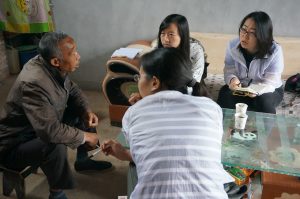
Christine Keung, 2014-2015, China (right, with pen and pad) interviewing a rural household in the QinLing Mountains in Southern Shaanxi.
What advice do you have for prospective applicants?
For the Fulbright Study/Research Awards, I highly recommend finalizing your Letter of Affiliation as early as possible. If you’re applying for a Study/Research Award, the Fulbright U.S. Student Program generally requires a signed letter of invitation from the professor, organization, or institution with which you intend to collaborate during your award, on letterhead.* Forming a relationship early on with your affiliate gives you a better understanding of how you can work with available in-country resources to accomplish your research goals, which can help you write a stronger, more convincing research proposal. I was fortunate to have established good relationships at a research institute during my NSF grant, and I affiliated with that same institute during my Fulbright award. My adviser in China provided me with invaluable input on the feasibility of my proposal, and we discussed how it related to the research institute’s existing projects. Having that support not only helped me write a structured proposal, but it also helped me hit the ground running when my Fulbright began.
Why should people in business or the sciences apply to Fulbright?
The Fulbright Program welcomes applicants from all fields and backgrounds for its various programs. The application process can be long and grueling, but it is also an excellent opportunity for self -reflection. It is worth the time and effort, regardless of the outcome. I’ve always viewed the Fulbright Program as a form of soft diplomacy that allows for folks in other countries to learn about the United States not only through local news outlets, but also through real relationships developed in the classroom, in the laboratory, during field research, or over dinner. A passion for business or the sciences, or any other academic discipline, is a way to foster mutual understanding and find common ground between yourself and colleagues from a different country.
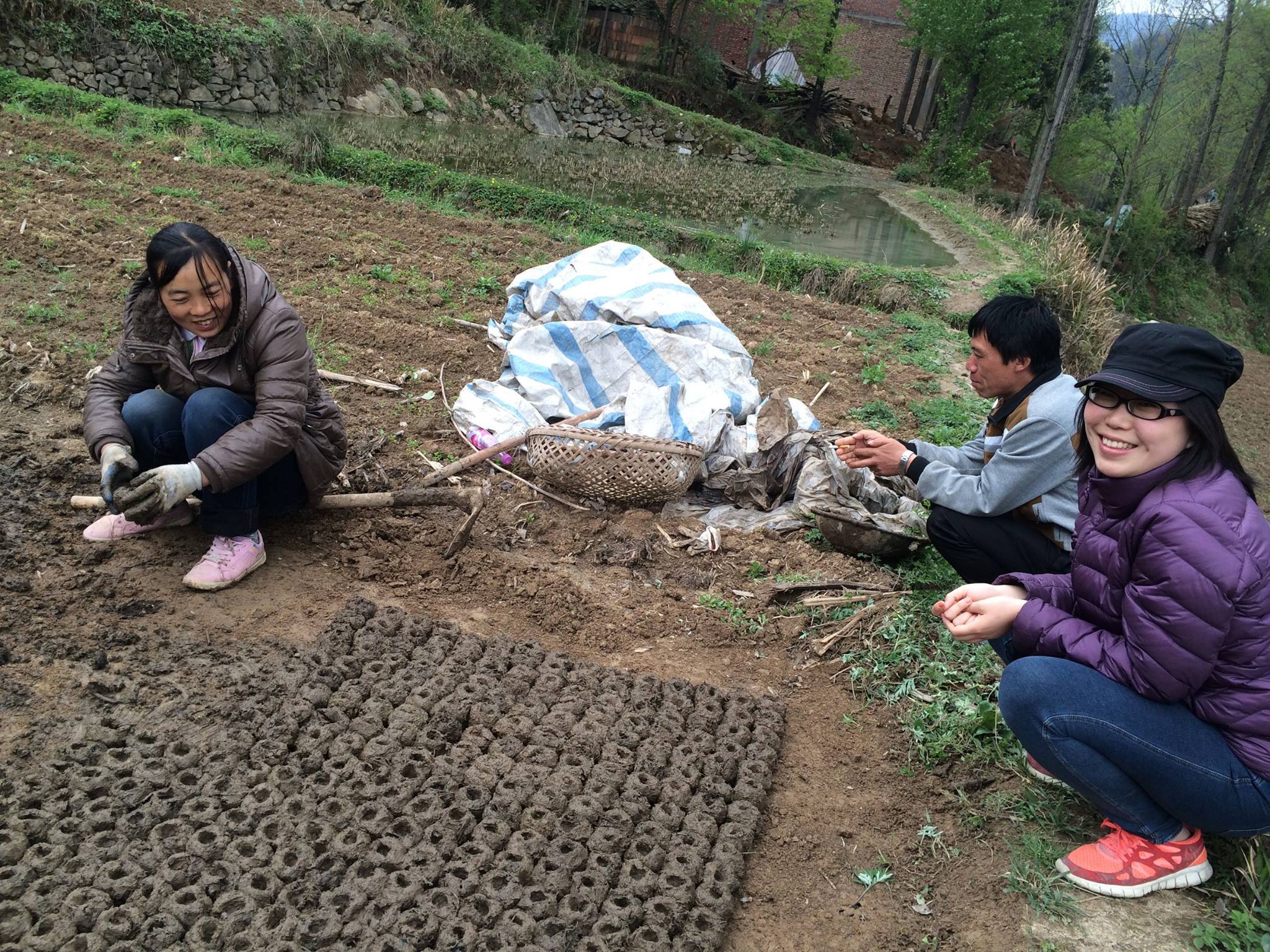
Christine Keung, 2014-2015, China (right, in purple jacket), conducting field research in the QinLing Mountains in Southern Shaanxi.
What are a few of the most memorable moments from your Fulbright experience? Describe a few that continue to have an impact on your current work and professional activities.
The most memorable part of the experience was living in an international dorm in Xi’an, China. Because Northwestern China has a large Muslim population and Xi’an is a college town, most of the exchange students I lived with were from Central Asian countries like Kazakhstan, Uzbekistan, Kyrgyzstan, Pakistan, and Tajikistan. The adjustment to living with them was difficult at first, not because they were from countries foreign to me, but because they were so much like American college students. They orchestrated dance parties at midnight, smoked in elevators, and ate other people’s food from the shared fridges. No one spoke English, and everyone had varying degrees of fluency for Chinese. For the entire year, I communicated with my hall mates in broken Russian and Chinese.
Holidays were particularly memorable. On New Year’s Eve, I helped my friends from Central Asia sneak past the guards to fit a whole sheep into an elevator for a feast for the whole dorm. For Halloween, I taught them how to carve a pumpkin and bob for apples, and I organized a White Elephant gift exchange for Christmas. Despite the language barriers, we found common ground in our experiences immigrating to a country in pursuit of better opportunities. Much like how my parents and I have been chasing the American dream in the United States, my Central Asian friends gave me a new perspective on what the Chinese Dream means to them.
When I wasn’t living in the city, I was out in the villages collecting household surveys. Spending time in rural Shaanxi really put into context the life my parents left behind. All these families want is a basic version of the things that all parents wish for, and that we in turn, hope for our kids. Things like a quality education (even when the nearest high school is hundreds of miles away), safe, nutritious food, and the chance to live an easier, better life. And yet, rural farmers often cannot take the steps necessary to achieve these basic ends. Their stories have stayed with me long after I left the villages, and became the motivation for me to apply for grants to continue supporting my research.
In 2016, you were named a Young Laureate by the Rolex Awards for Enterprise. Could you tell us more about that award and the project you’re working on?
At age 24, I became the youngest person in the award’s 30-year-history to win the Rolex Awards for Enterprise, which funded my project — a women-led community program that aimed to reduce hazardous waste pollution along the Wei Watershed, the largest tributary of the Yellow River. Once the cradle of Chinese civilization, it is now among the poorest regions of China. The project trains women on safe methods of recycling hazardous waste. They collaborate with local doctors and suppliers of agricultural chemical goods to draft and implement a system that tracks waste from point of purchase to local usage, storage, and disposal. This project demonstrates how training women to become environmental stewards will enhance community resilience in a resource-limited context.
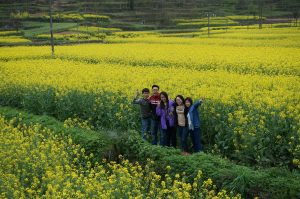
Christine Keung, 2014-2015, China (second from right in Fulbright t-shirt) with friends in the QinLing Mountains in Southern Shaanxi.
How did you use the skills, knowledge, experience, and connections you developed during your Fulbright on your Rolex project?
My relationships with my colleagues — many of whom grew up in these rural communities — helped me consider the political, sociocultural, and historical underpinnings of rural waste. The introduction of a capitalistic economy transformed trash found in the rural countryside from biodegradable food waste to plastics, but did very little to change farmers’ attitudes and habits. These insights reinforced my belief that waste issues in rural Shaanxi cannot be resolved through top-down mobilization. Any sustainable solution must reformulate rural residents’ concept of community so that they can have the knowledge, the agency, and the motivation to preserve, protect, and invest in their land. Fulbright trained me to have an open-minded, multidisciplinary approach to my learning. The field research I completed trained me to listen and learn to ask the right questions.
How are you sharing your Fulbright experience with your home communities, now that you’re back in the United States?
I am a regular speaker at the Fulbright China Pre-Departure Orientation for Fulbrighters about to begin their awards, and will be speaking at this year’s Fulbright Association conference. I will be joining other Fulbright alumni on Capitol Hill to speak with members of Congress about my Fulbright experience.
What are your future plans?
I’ll be starting the MBA program at Harvard Business School next year.
Looking back, how did the Fulbright Program have an impact on you?
The lifelong friendships that I made because of my Fulbright. I see my friends from Xi’an multiple times a year. I convinced my professor, who sponsored me for my Fulbright, to apply for one herself — and she is currently a Fulbright Visiting Scholar at University of Illinois!
*Affiliation requirements vary by country, so before starting the Fulbright U.S. Student Program application you should note the specific requirements for your proposed host country.

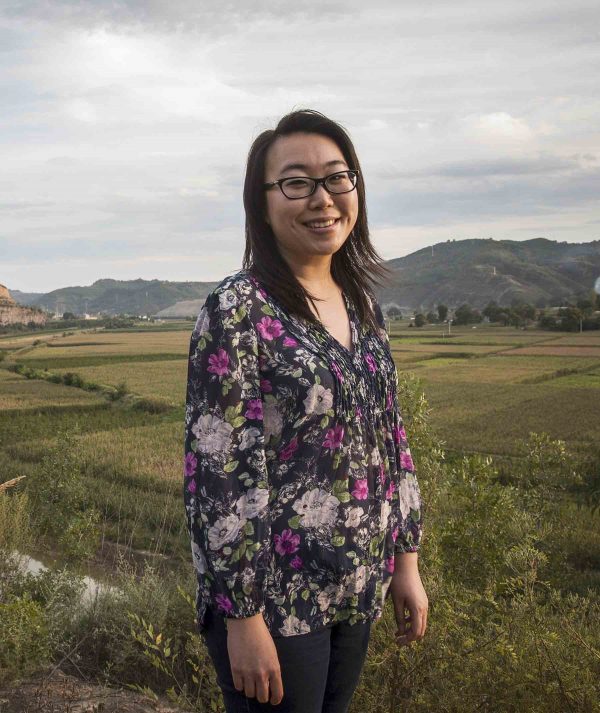
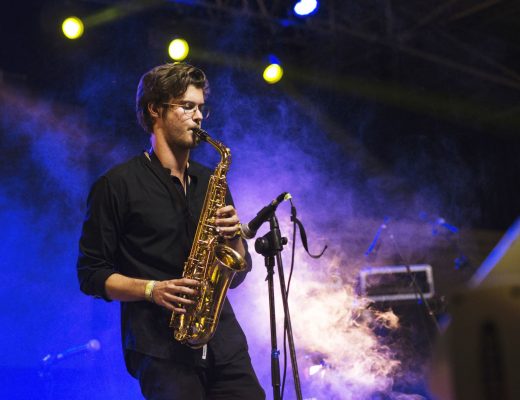
1 Comment
Sharing to other people with different cultures and lifestyle. Will bring good effect to you and to others. It’s like having two views, Our views are sometimes different from other people. The way they view it might be helpful to you as well.